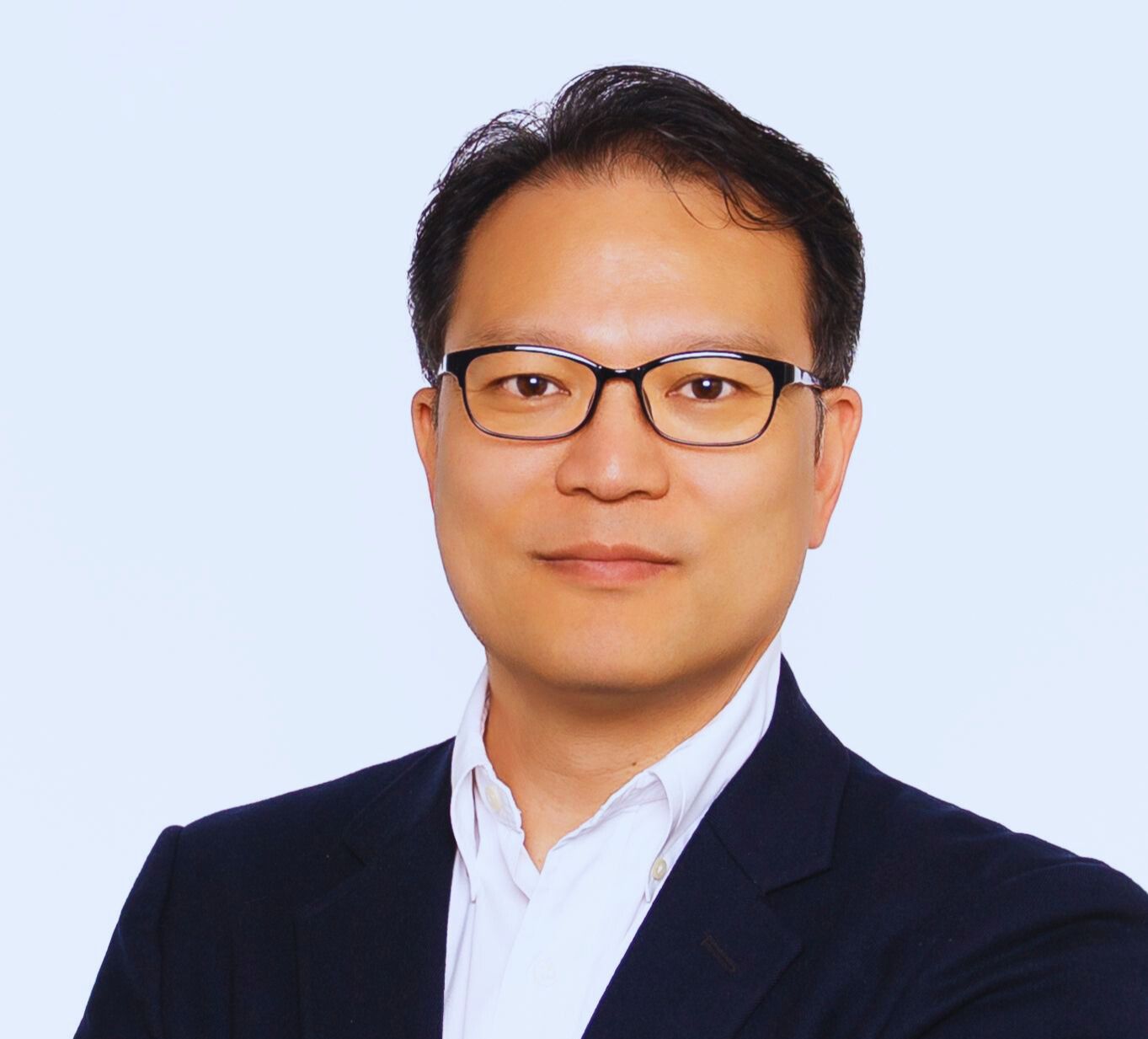DIF recently announced the formation of the new DIF Korea Special Interest Group (SIG).
We invited group Chair Park Kyoung-Chul, CEO of K4-Security.inc, to share some insights into the decentralized identity landscape in South Korea, and the purpose for forming the DIF Korea SIG.
How advanced is the adoption of Decentralized Identity in South Korea?
Blockchain and blockchain applications in Korea have been continuously underway since 2018, and PoCs for 5 to 8 blockchain applications (including decentralized identity) are in progress every year through KISA under the Ministry of Science and ICT. However, we are still at the proof of concept of decentralized identity, and national standards for decentralized identity for specific applications (e.g. driver's license) are being made.
Does the government support decentralized identity in South Korea?
In Korea, technical verification and small-scale business verification of decentralized identity are continuously progressing. However, there is a lack of standardized technology application, and we are in the process of preparing a government-level control tower. The Yoon Seok-yeol government has announced and is carrying out a national task called "Digital Platform Government". The core technical issues are materializing in the direction of a decentralized identity ecosystem, and additional research funds and related business funds plans are being established.
What do you want to achieve through the Korea SIG?
We understand that DIF creates specifications, profiles, and reference implementations which are incorporated into standards at standards development organizations including the World Wide Web Consortium (W3C) and the Internet Engineering Task Force (IETF).
Domestic research on decentralized identity will be discussed at Korea SIG, and technical standardization will be carried out through the Korean standardization organization TTA (Telecommunications Technology Association) and DIF.
In addition, DIF's technical standards are consulted with NIA, KISA, and BOK through Korea SIG so that they can be applied to the establishment of a Korean-style decentralized identity ecosystem, and ultimately loaded into NIA's e-government standard framework, so we want to contribute to expanding the business to supply e-government standard framework to underdeveloped countries through the UN.
What types of organizations are you looking forward to participating in the Korea SIG?
We are trying to involve all the institutions (universities, research institutes, enterprises, and government departments/regulatory institutions) included in the 5-year blockchain project of the Ministry of Science and ICT.
In particular, efforts will be made to involve the National Information Society Agency (NIA), Korea Internet & Security Agency (KISA), Bank of Korea (BOK), and Korea Minting & Security Printing Corporation (KOMSCO). NIA is carrying out "Digital Platform Government" project, "e-government standard framework" and "u-City" project, KISA is promoting "MyData" project, BOK is in charge of Korea CBDC, and KOMSCO is in charge of Digital Identity project.
In addition, ETRI (Electronics and Telecommunication Research Institute), which researches decentralized identity together, will participate as a research institute to verify decentralized identity technology.

